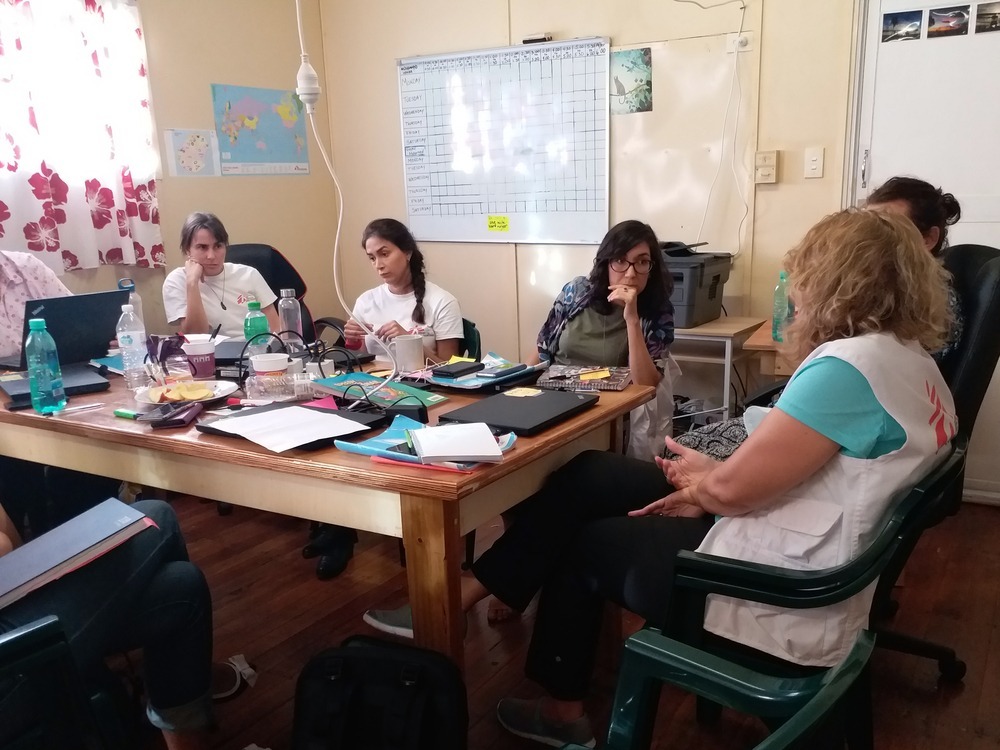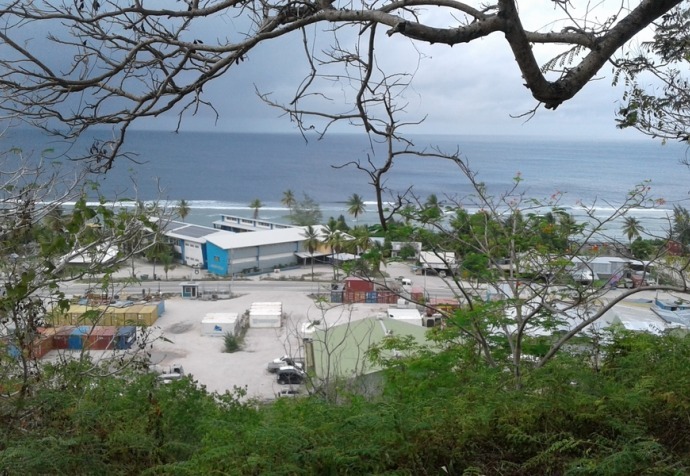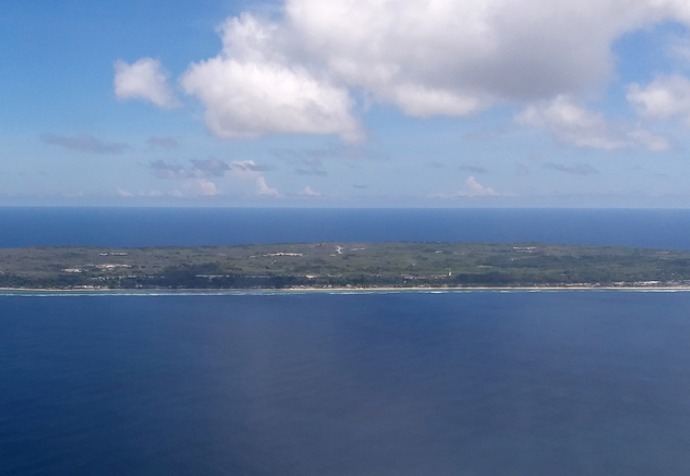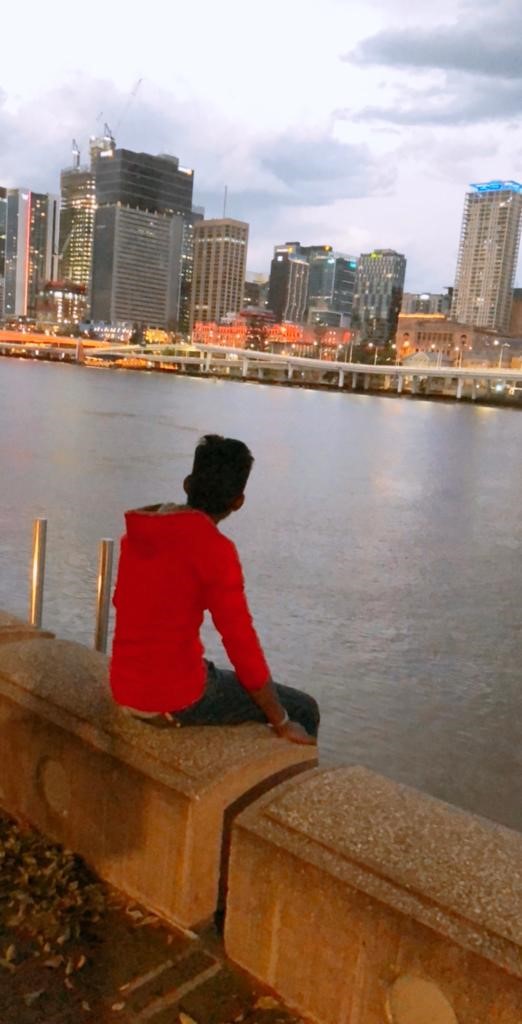“When I left my home country, I travelled to Indonesia first, then I came by boat to Australia. I was on Christmas Island before I was sent to Nauru where I remained for five years.
I tried to come to Australia to find a new life, but unfortunately, they sent me to Nauru by force. They didn’t respect me as a human. If I was in my home country, the government wants to kill me straight away. I tried to come to Australia and the government kills me little by little, step by step. They tormented me a lot over five years on Nauru because I have no future in my life.
The first year while I was in the detention centre was hard. They didn’t respect us, they didn’t treat us as humans. They gave us a tent to live, and it was very, very hot. We could only use the shower once a day for three minutes. We could use the phone to call our family for 10 minutes every week. The connection was very bad and sometimes I couldn’t reach my family.




